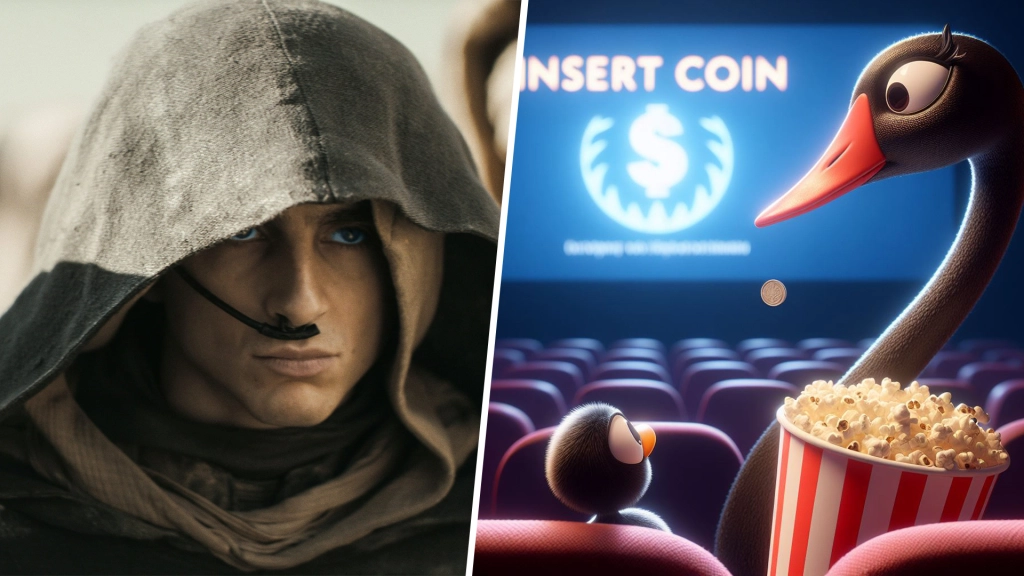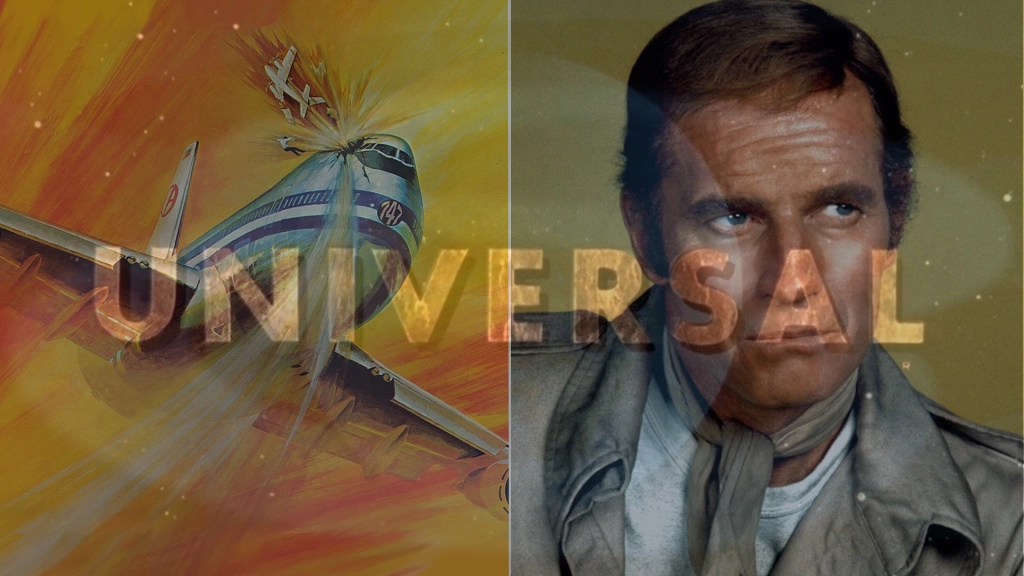
It’s January and as everyone on Film Twitter will know, it’s the time of getting that nice email from Letterboxd with a beautiful summary of the movies you watched in the previous year, the star-ratings you dished out, the stars you championed, the list you prepared etc., a.k.a. The Year in Review. Consequently, what you will end up seeing on your social media timelines is a veritable slew of stats coming from your friends, followers and complete strangers, some brandishing their ludicrous-plus numbers of movies they consumed in 2022, some casually gloating over their perfect Gaussian distribution of star-ratings and others seeking their status conferred upon them by the society at large due to their impeccable taste in cinema.
And it gets you to think: why do I do this? What am I watching these movies for? Am I doing it for the kudos? Am I trying to accomplish something? Has movie-watching been successfully gamified and reduced to chasing stats, achievements and status among fellow cineastes? And more importantly, is Letterboxd to blame?
Ever since social media emerged as the go-to space for people to exchange views, opinions, misinformation and propaganda, a bunch of outlets attempted to corral the movie-watching community around the concept of rating films and discussing various film-related topics. In fact, this was a natural extension of what the early Internet featured dispersed across the entire landscape of the web, which were, rating sites, forums and discussion boards, all of which have since evolved into various sub-niches of Reddit and pointless apps. When Letterboxd entered the scene in 2011, it successfully capitalized on being the middle-ground between a social medium, a forum and a blogging platform. It offered the user the ability to log, rate and review movies they watched, read and like what others watched, build cool lists, and follow various challenges, some of which persist to this day and are widely popular among community members.
As the platform grew – and let’s be honest: it isn’t pulling Facebook-level numbers, but for the size of the community it serves, it is respectable in girth – it has now become a community staple where it is almost expected for everyone in the sphere of online film geeks, critics, critic wannabes, influencers and other what-have-yous to have an account on Letterboxd and use it in some form. How people go about using this platform – from posting ratings only all the way up to writing complex reviews – and how the landscape of film criticism has changed as a result of Letterboxd entering the scene is a matter for a separate article. What every January reminds me, though, is that one of the biggest influences (if not the biggest) Letterboxd exerted on the film community is that it successfully incentivized and rewarded very specific types of behaviour.
I noticed it myself that as years went on, my interactions with Letterboxd as a surrogate for a personal blog have affected the way I would go about watching movies. Because one of the first things you see when logging onto your profile, as well as when you check someone else’s, is the total number of movies logged and the number of movies logged this year, it inadvertently created an innate pressure and drive to watch as many movies as possible and hence contributed to the sense of fear of missing out that my generation and those younger than me recognize as anxiety-inducing. If you do some rudimentary back-of-the-envelope maths and add up how many movies you have been watching every year and then multiply by how many years you might have left on this planet before it is likely you’d kick the bucket, the number you’ll get may not look as large as you originally thought it would be. If I watch one movie a day, and I probably have 40 years left until I’m either dead or as good as dead, then the fifteen-or-so thousand movies I will get to watch – assuming I stick to the one-a-day regimen – do not look like a lot.
Therefore, what Letterboxd may have incentivized is a drive to cram as many movies as possible because (a) life is short and (b) you must have more logged than the next guy. It’s now a competition for completists that transplants its fundamental logic from the sphere of video games where chasing after achievements is a mainstay. Now you have to log as much as you can, you must watch all films in your favourite filmmakers’ catalogues, and you must work on completing the many best-of lists Letterboxd folks have been keeping track for you on your General Stats page. And at this point I have to ask myself if this is really the point of watching movies.
Does Martin Scorsese have a Letterboxd account? I don’t think so. Granted, he’s an old-timer so he may not know how to create one, but something tells me he watches movies for the sake of watching them and to simply interact with art and stories on a deeper level. And I am not so sure you can accomplish that if all you think about is cramming more and more and more. Do you even taste the food you eat if you stuff your face as though you were being timed? Probably not. Also, does it matter if you watch all 1000 Movies You Must See Before You Die? Also, not so much. Does it really make a difference if your sassy one-liner review gets six hundred likes? You tell me.
Sure, there is a good case for gamifying many activities in our lives, especially if they somehow enrich our life experience or serve to enhance our skillsets. It’s fun to know how many miles you clocked during this morning’s run, or if you’re making sufficient progress in the gym. Apps and gamification solutions are incredibly helpful in developing and sustaining habits because they incentivize challenging ourselves to do more. One great example of just that is Duolingo – a mobile app that successfully revolutionized the way we learn new languages by way of making it fun and incentivizing persistent training, which is arguably the biggest bottleneck for most people studying a new language.
But I would argue that just because something can be gamified, doesn’t mean it should be. In fact, I believe that a trade-off of bringing the film-loving community together on a single platform where we can write and read reviews and interact with each other in a civilized manner is that we tend to forget what this whole thing is about – watching films, not logging. It’s not important how many we watch, and I don’t honestly believe having clocked ridiculous numbers of movies last year confers any societal kudos. It really doesn’t matter if we complete those numerous challenges. Introduction of Letterboxd into our daily operations has successfully transformed movie-watching into a competitive sport and a springboard to some ephemeral stardom, significance of which is mired in doubt.
I honestly do not care how many films I clocked last year – although it is difficult sometimes to assuage these competitive tendencies that I believe may be innate in many of us – or how many likes I received. At the end of the day, I care about what I watch and if what I watch somehow made a difference to my experience on this planet. Don’t get me wrong, I appreciate that Letterboxd gives me the means to maintain a journal, keep track of my thoughts and, purely egotistically speaking, allow others to interact with my thoughts as much as I can interact with theirs; however, we must never forget that films, books and art in general are not here for us to turn them into a competition. They are products of human creativity and we should treat them with respect they deserve, even if we are about to slap them with a one-star rating at the end of the day.




Leave a comment